Indigenous Governance Database
citizen entrepreneurship
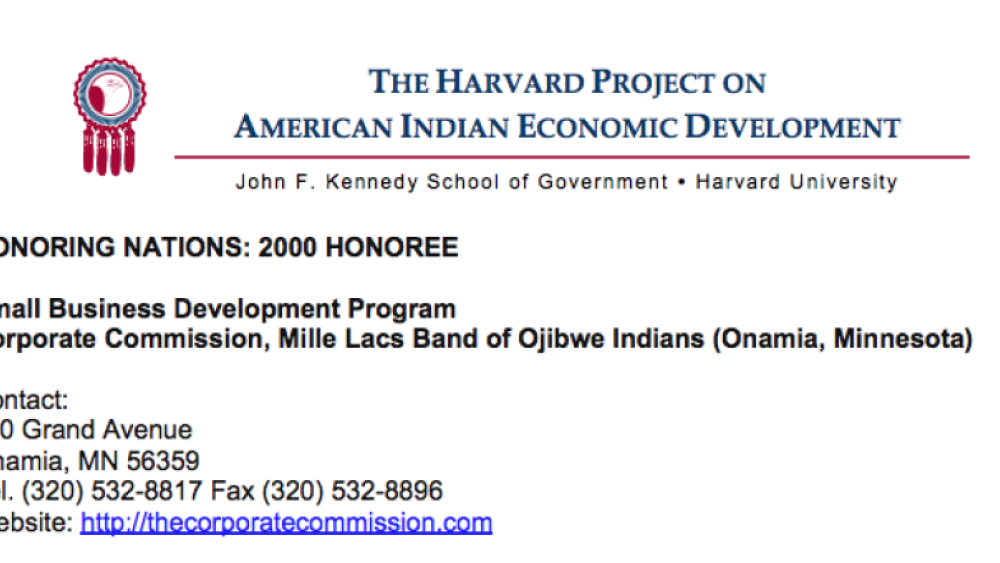
Mille Lacs' Small Business Development Program
The Small Business Development Program assists Band members in developing the private sector economy by providing low-interest loans up to $75,000 to businesses that are at least 60 percent owned and operated by Band members located on or near the Reservation. The Program offers both "micro" loans…
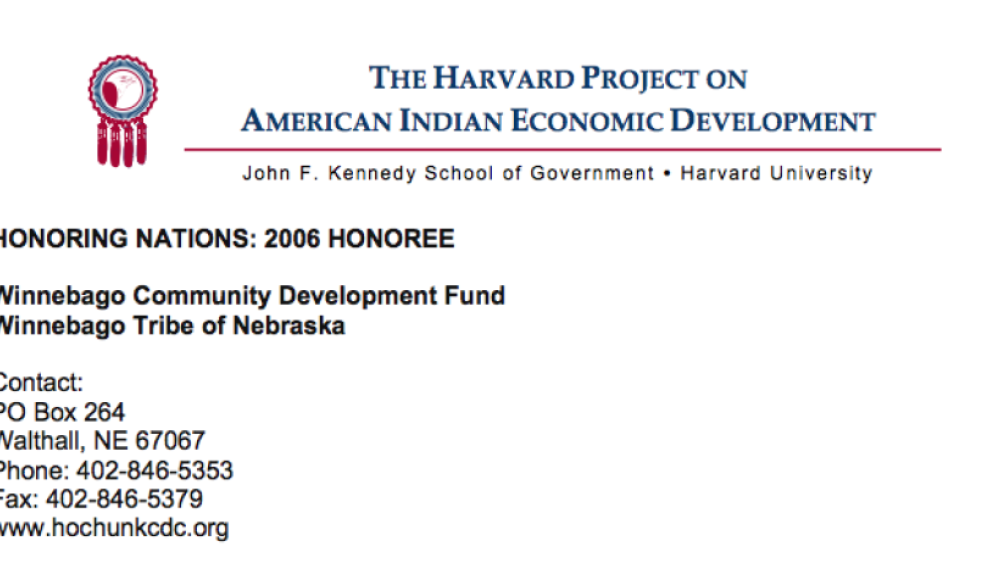
Winnebago Community Development Fund
Establishing a framework for community development based on the goals of the government and its citizens, the Winnebago CDC Fund builds toward long-term development by matching funds for grants, building community projects, supplementing community infrastructure, increasing educational…
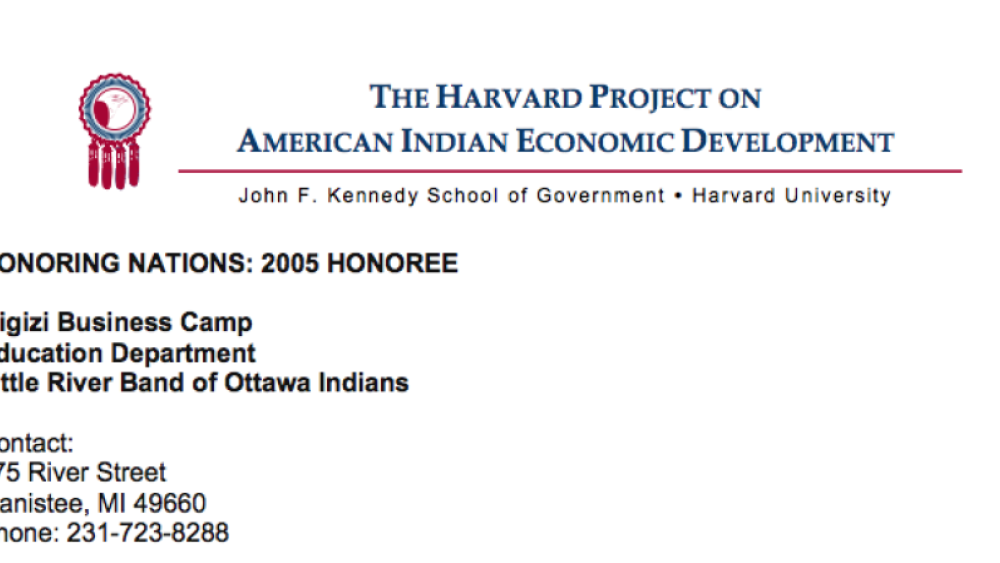
Migizi Business Camp (Little River Band)
In 1994, after 120 years of struggle, the Little River Band of Ottawa Indians finally re-obtained federal recognition. Ever since, tribal priorities included strengthening self-governance and the tribal economy. Their economic strategy followed two paths: the development of tribal enterprises and…
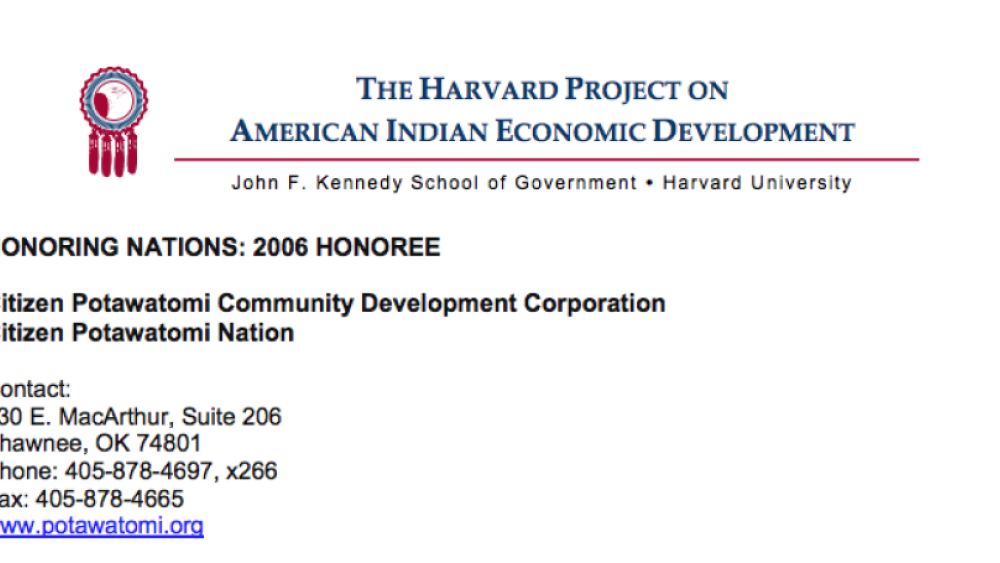
Citizen Potawatomi Community Development Corporation
Viewed as a one-stop shop for lending services, the Citizen Potawatomi Community Development Corporation provides holistic community development through business and employee loans, business development trainings, and financial literacy education. Demonstrating that the connection between…
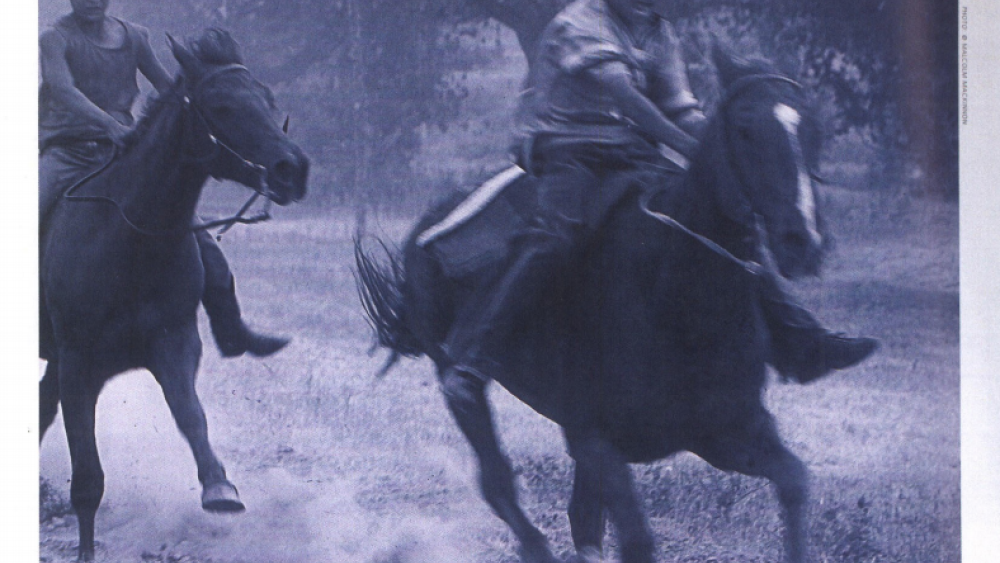
Pine Ridge Renaissance: From the Ground Up, Sovereignty Can Be Real
This article chronicles the groundswell of small business development taking place on the Pine Ridge reservation in South Dakota, home to the Oglala Sioux Tribe. It examines the critical importance that citizen entrepreneurs can and do play in developing sustainable economies in Indian Country.
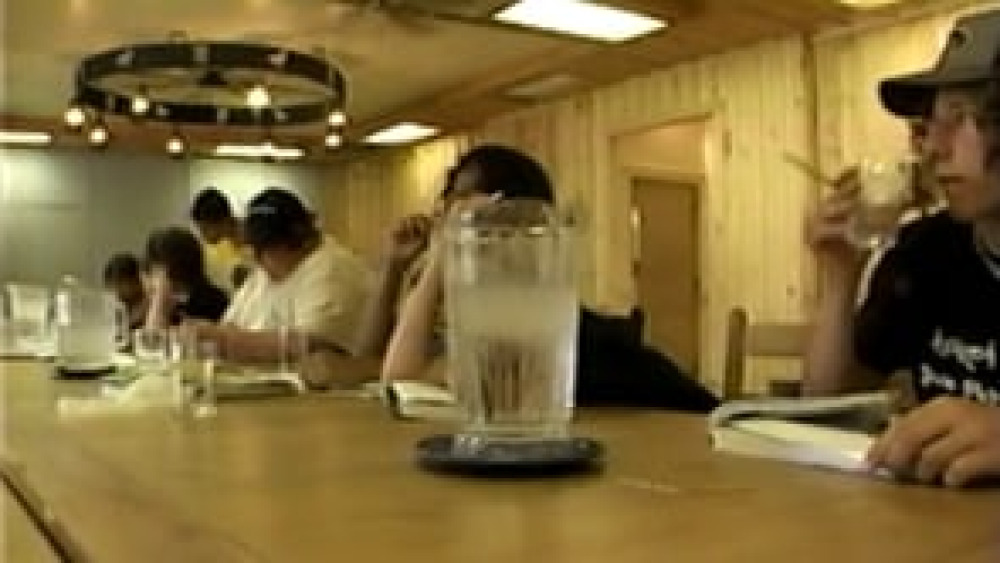
Migizi Business Camp
This video -- produced by the Little River Band of Ottawa Indians -- depicts the Band's efforts to implement a work readiness and job training program for teenagers and young adults. Five years ago, the Band’s planning and education departments joined forces to create the Migizi Business Camp for…
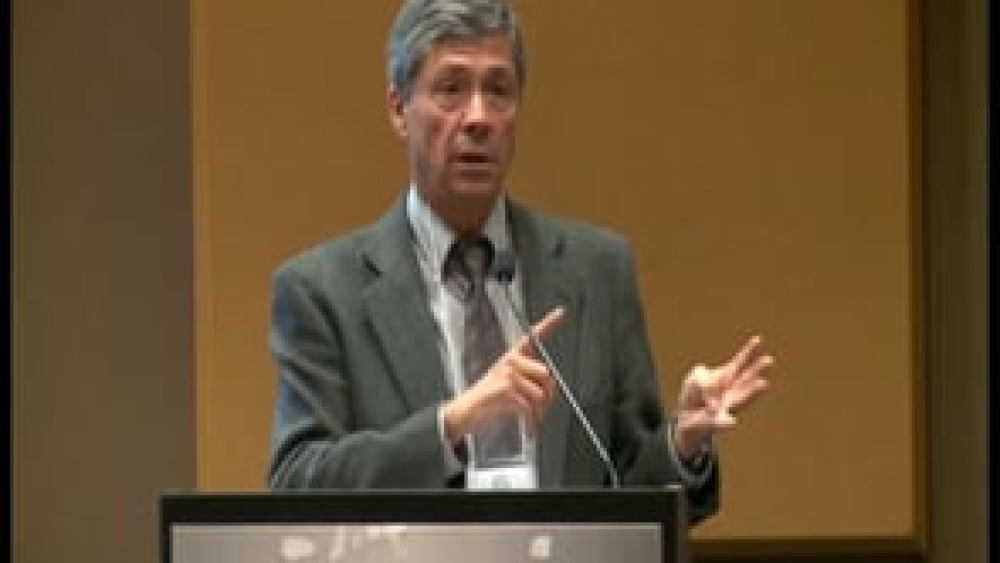
Robert Miller: Creating Sustainable Reservation Economies
In this informative and lively talk, law professor Robert Miller discusses the importance of Native nations building diversified, sustainable reservation economies through the cultivation and support of small businesses owned by their citizens, and offers some strategies for how Native nations can…
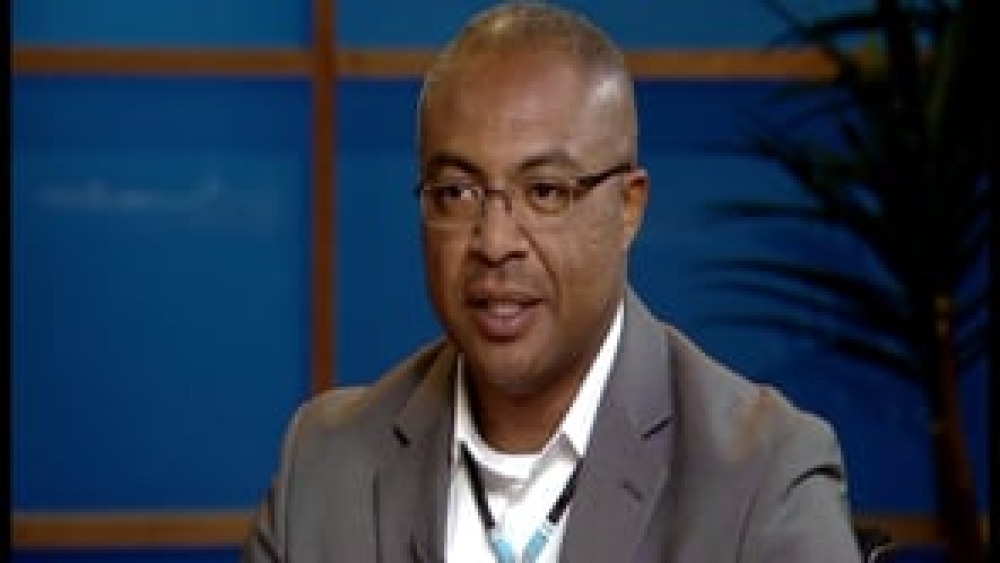
Richard Luarkie: Leadership and Nation Building at Pueblo of Laguna
In this informative interview with NNI's Ian Record, Governor Richard Luarkie of the Pueblo of Laguna discusses Laguna's approach to nation building, the roles their core values and time-tested process for cultivating effective leaders has played in that effort, and how and why Laguna has worked to…
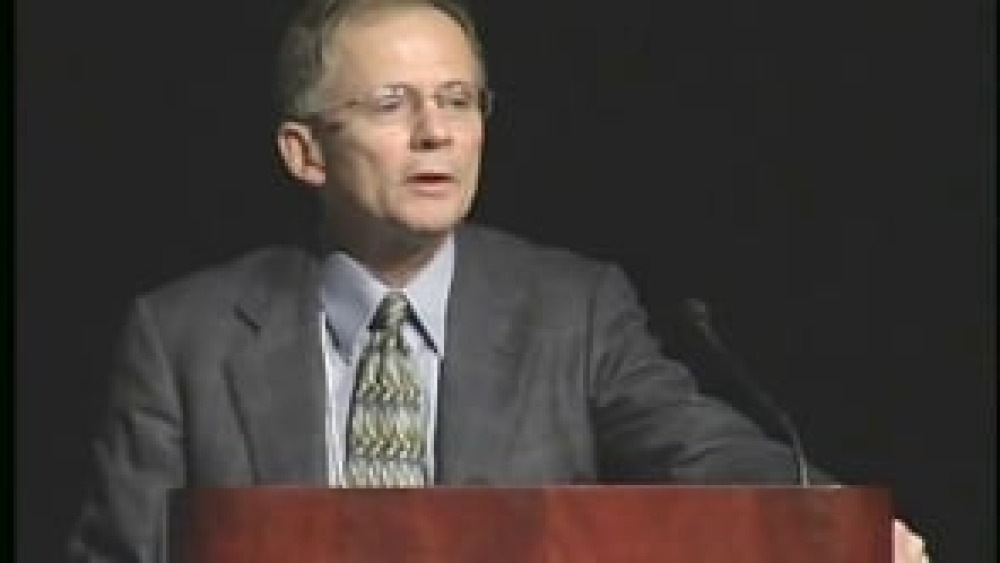
Honoring Nations: Tom Hampson: ONABEN: A Native American Business Network
Former Executive Director of ONABEN Tom Hampson presents an overview of the organization's work to the Honoring Nations Board of Governors in conjunction with the 2005 Honoring Nations Awards.
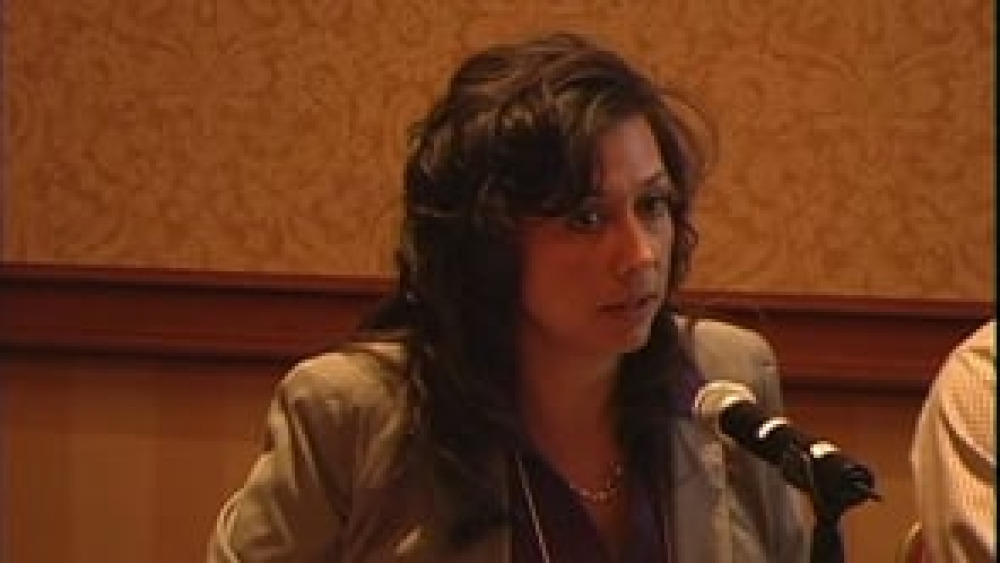
Monica Simeon: Building Sustainable Economies: The Story of Sister Sky
Sister Sky CEO and Principal Partner Monica Simeon provides an overview of Sister Sky, a business Simeon co-founded with her sister Marina Turning Robe on the Spokane Indian Reservation. Simeon also explains how Sister Sky is working to cultivate the entrepreneurial spirit among her nation's…
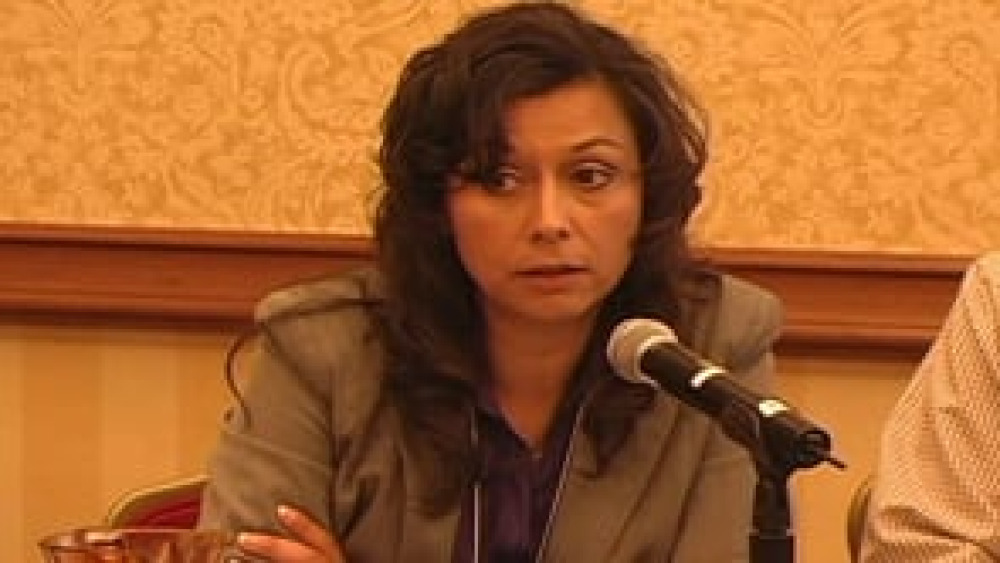
Martin Harvier and Monica Simeon: Building Sustainable Economies: Approaches and Perspectives (Q&A)
Martin Harvier, Vice President of the Salt River Pima-Maricopa Indian Communty, and Monica Simeon, CEO and Principal Partner of Sister Sky, field questions from the audience about their roles in building sustainable economies for their respective nations.
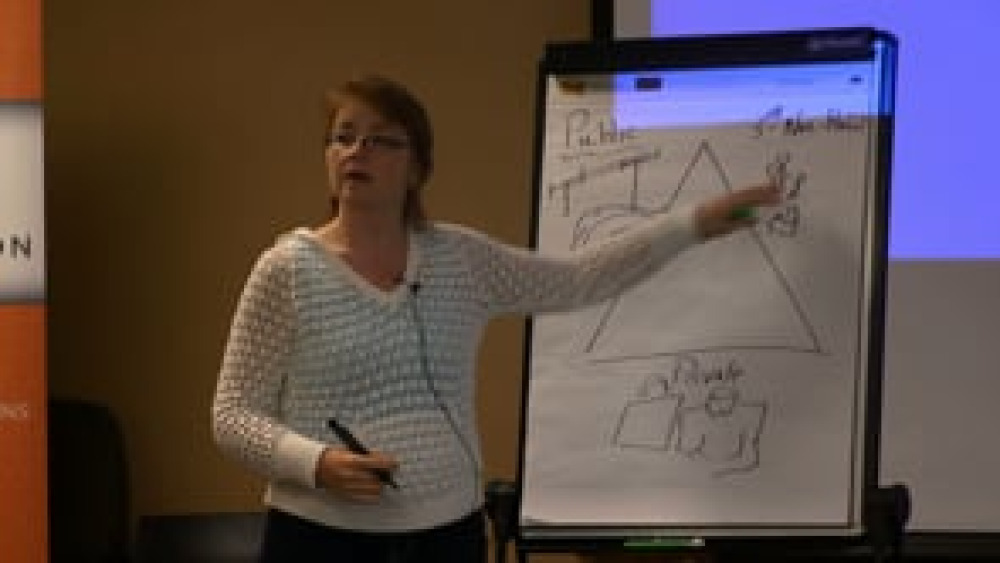
Lesley Kabotie: The Inherent Challenges of Building Reservation Economies
Lesley Kabotie (Crow), owner of Kabotie Consulting, provides an overview of the fundamental challenges facing Native nations as they work to rebuild their nations and communities through the development of diversified, sustainable economies on their lands. This video resource is featured on the…
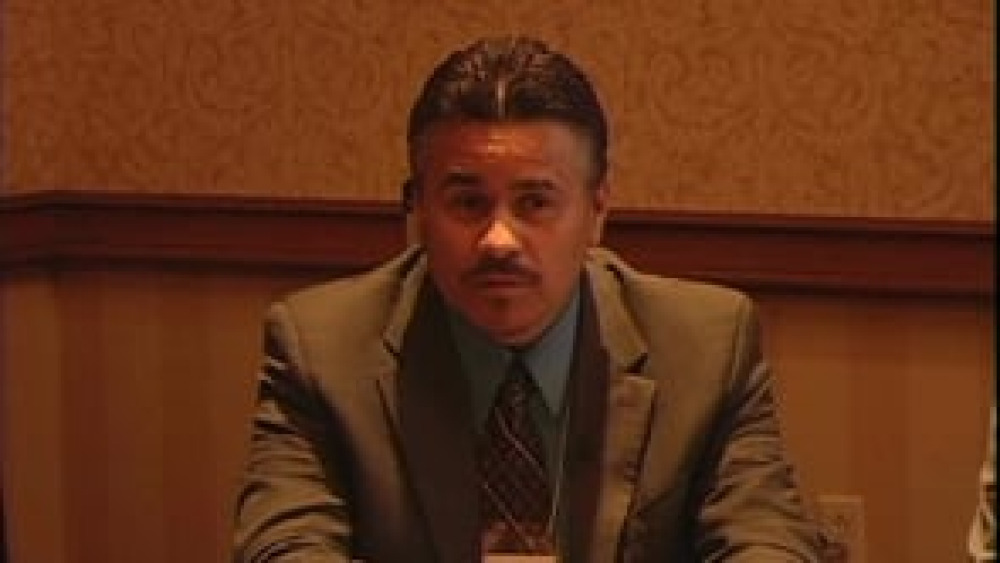
Martin Harvier: Building Sustainable Economies: The Salt River Pima-Maricopa Indian Community Story
Salt River Pima-Maricopa Indian Community Vice President Martin Harvier offers a brief history of the Salt River Pima-Maricopa's efforts to cultivate citizen-owned businesses and then do business with those companies.
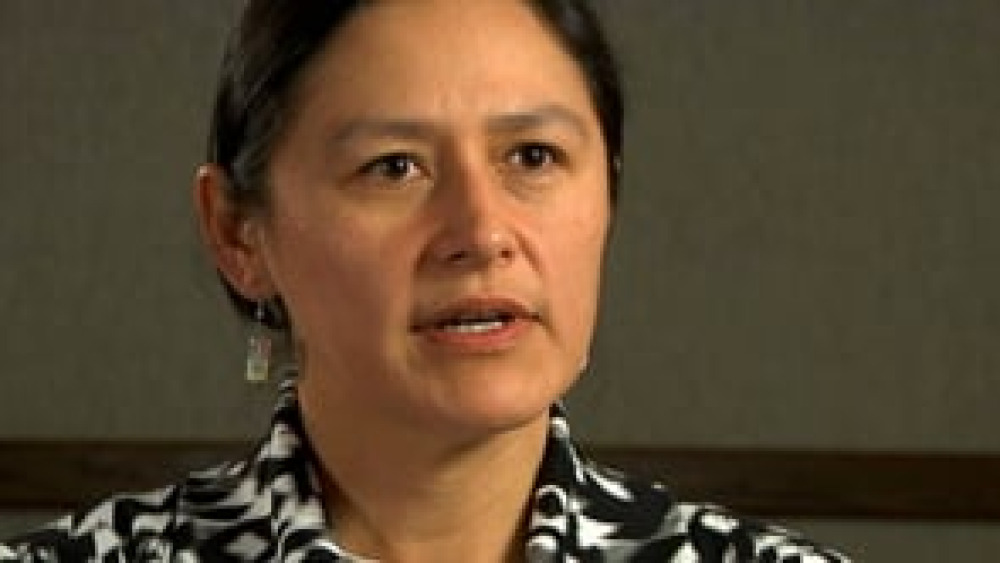
From the Rebuilding Native Nations Course Series: "Citizen-Owned Businesses: Improving the Quality of Life"
Native leaders and scholars discuss the ways that citizen-owned businesses contribute to an improved quality of life for Native nations and their citizens.
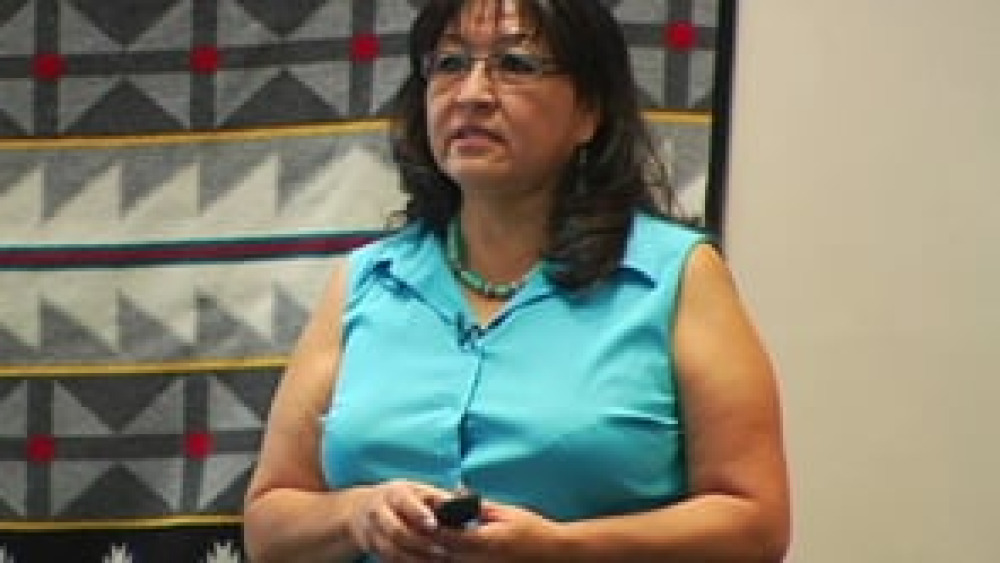
From the Rebuilding Native Nations Course Series: "Small Businesses and the Multiplier Effect"
NNI Executive Director Joan Timeche talks about the positive impact of citizen-owned businesses on reservation economies, not just in terms of economic development but in the overall quality of life for tribal citizens.
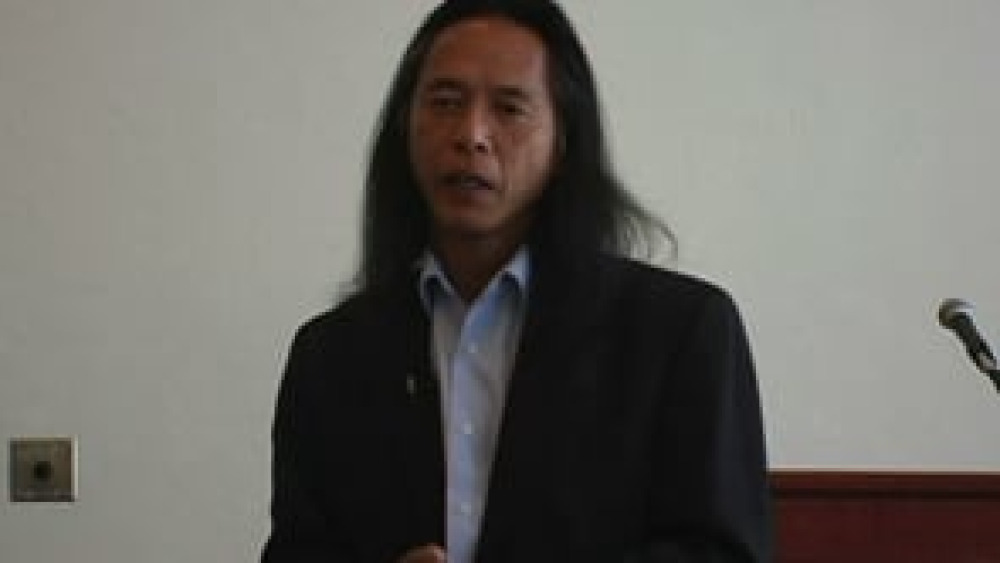
Ron His Horse Is Thunder: The Keys to Effective Governance and Economic Development: Predictability and Sustainability
Former Chairman of the Standing Rock Sioux Tribe Ron His Horse Is Thunder discusses why predictability and sustainability are so critical to effective Native nation governance and economic development.
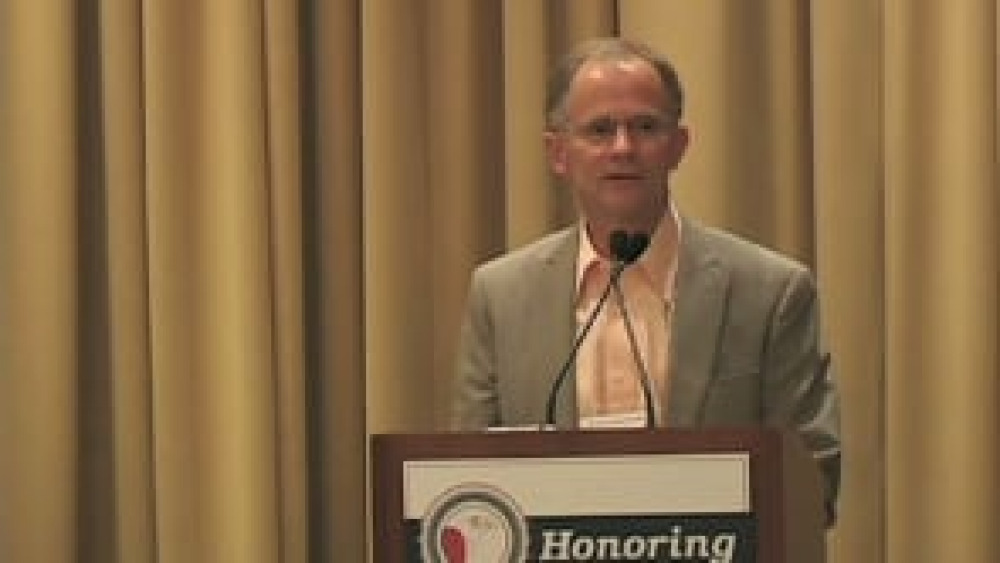
Honoring Nations: Tom Hampson: Native Asset Building
ONABEN Executive Director Tom Hampson discusses the resilient entrepreneurial spirit that exists in Indian Country, and how it can be a key to transformative change in Native communities.
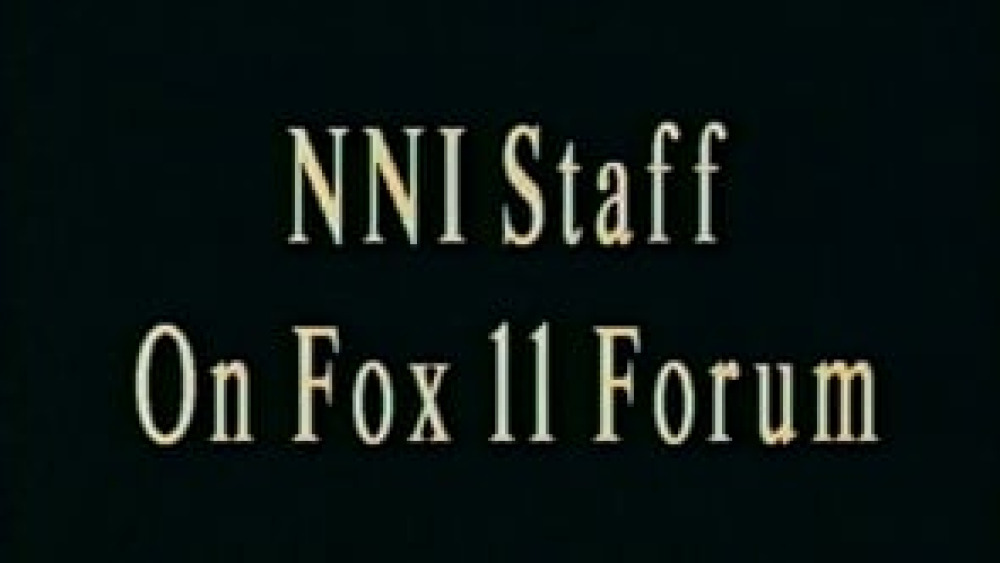
Native Nation Building TV: "Bonus Segment on Native Nation Building"
Joan Timeche, Stephen Cornell and Ian Record with the Native Nations Institute at The University of Arizona discuss the "Native Nation Building" television and radio series and the research findings at heart of the series in a televised interview in January 2007. This video resource is featured on…
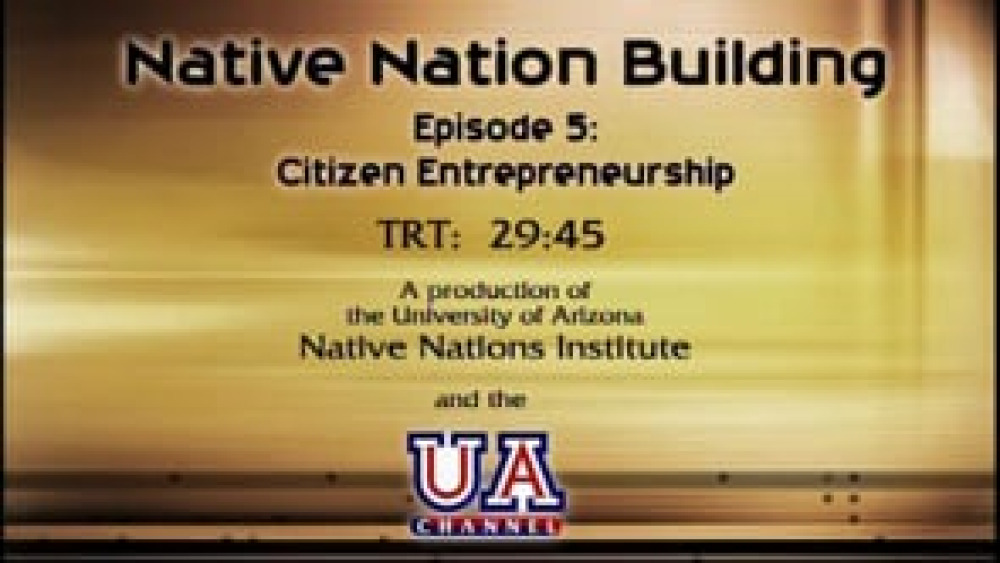
Native Nation Building TV: "Promoting Tribal Citizen Entrepreneurs"
Guests Joan Timeche and Elsie Meeks examine the pivotal role that citizen entrepreneurs can play in a Native nation's overarching effort to achieve sustainable community and economic development. It looks at the many different ways that Native nation governments actively and passively hinder…
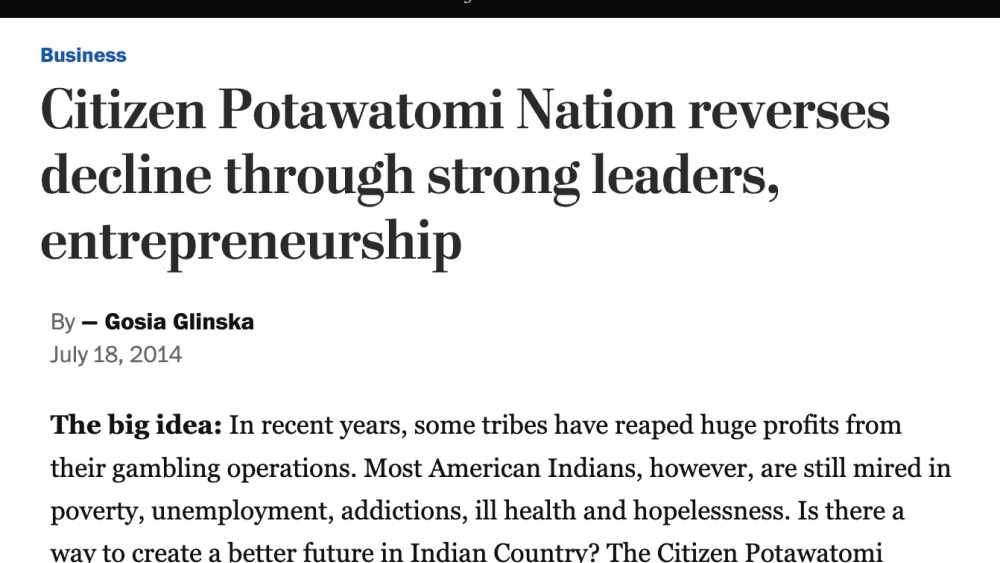
Citizen Potawatomi Nation reverses decline through strong leaders, entrepreneurship
The big idea: In recent years, some tribes have reaped huge profits from their gambling operations. Most American Indians, however, are still mired in poverty, unemployment, addictions, ill health and hopelessness. Is there a way to create a better future in Indian Country? The Citizen Potawatomi…
